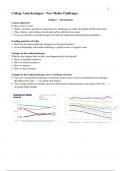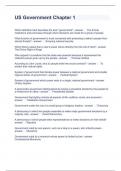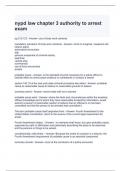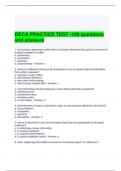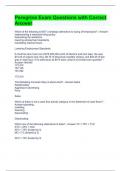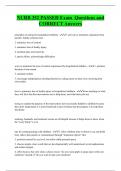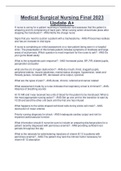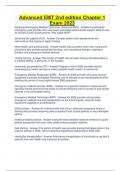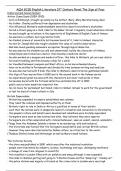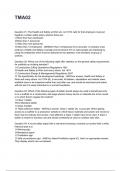College aantekeningen
All lecture notes New Media Challenges (S_NMC)
- Instelling
- Vrije Universiteit Amsterdam (VU)
All Lecture notes from the course New Media Challenges (S_NMC), year for the third bachelor year Communication science at the Vrije Universiteit Amsterdam. Including example exam questions for the exam. Alle college aantekeningen van het van New Media Challenges (S_NMC) uit jaar van het derde ...
[Meer zien]
